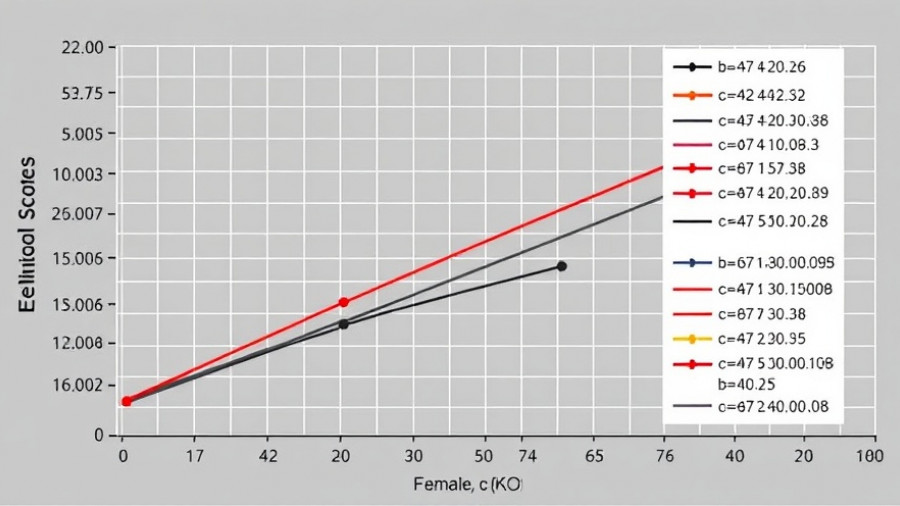
Understanding the Female Neurodegeneration Mechanism
Recent research has unveiled a significant mechanism of neurodegeneration that is specific to women, shedding light on the biological and environmental factors influencing age-related diseases such as Alzheimer’s and multiple sclerosis. This discovery emphasizes the need for tailored approaches in healthcare and treatment strategies, particularly for women who display differential susceptibility to neurodegenerative conditions.
The Unique Risks Faced by Women
It is well-established that women are at a higher risk for several neurodegenerative diseases compared to men. For example, Alzheimer’s disease affects nearly twice as many women as men, a statistic that prompts questions regarding hormonal influences and genetic predispositions. Emerging studies indicate that women may experience unique immune responses that could exacerbate these conditions. Hormonal fluctuations, especially during menopause, can also alter neuroinflammatory processes.
Key Factors Influencing Neurodegenerative Diseases in Women
The findings point to several biological mechanisms that differentiate male and female responses to neurodegeneration. For instance, women have been found to have a stronger immune response, which may lead to increased neuroinflammation and neuronal degeneration. Studies suggest that sex hormones such as estrogen and progesterone could influence these pathways, making female bodies react differently to neurodegenerative stressors than their male counterparts.
Implications for Future Research and Treatment
As we continue to unearth the complexities of neurodegenerative diseases, these findings call for a revisitation of existing treatment protocols. Understanding how gender impacts disease progression could lead to more effective, personalized medicine for treating Alzheimer’s and similar conditions. Moreover, future research should focus on developing therapies that consider these biological differences to optimize treatment outcomes.
Concluding Thoughts
The discovery of a female-specific mechanism of neurodegeneration is a crucial advancement in the field of neurology. This information not only enhances our understanding of neurodegenerative diseases but also highlights the importance of gender as a vital component in medical research. For health-conscious individuals seeking to improve their understanding of longevity and disease prevention, keeping abreast of such scientific developments can provide useful insights into maintaining cognitive health as they age.
Stay informed and proactive about your health. Engage with the latest studies on aging and neurodegeneration to better understand the implications for yourself and your loved ones.
 Add Row
Add Row  Add
Add 




Write A Comment